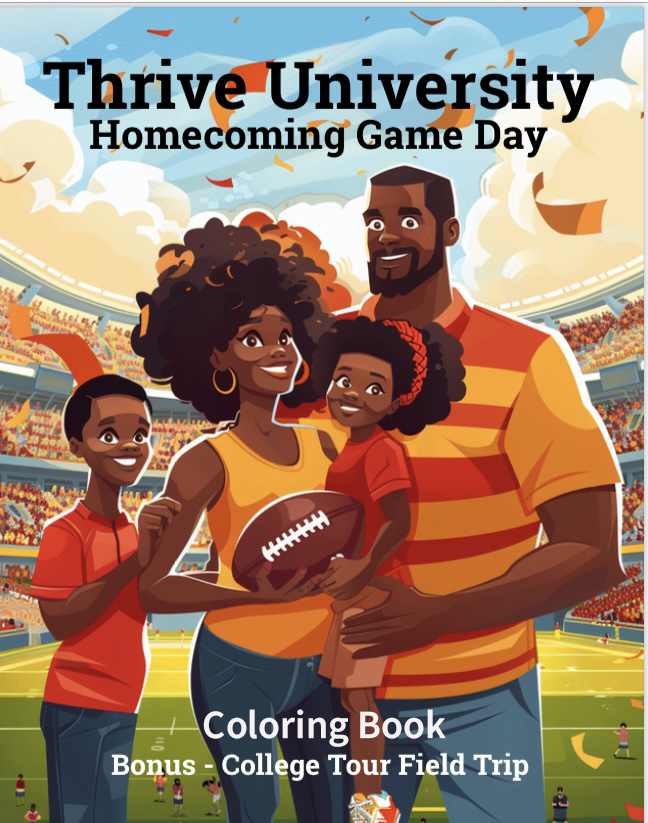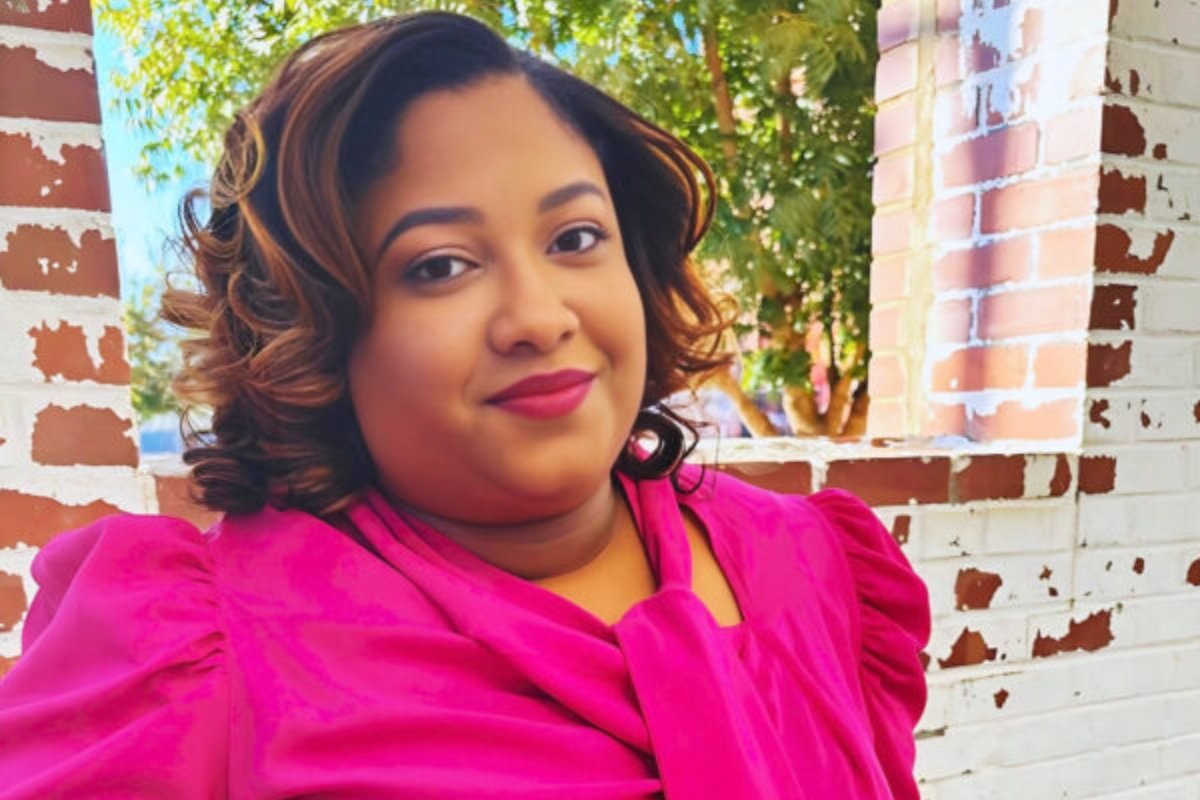Please share what motivated you to start working with underserved teens on college preparation.
During my first year of teaching, I asked my principal if I could use my class funds of $250 to take my students on a college tour on one of the days that they were out of school. The principal said no, and that they didn’t need to do that until they were juniors or seniors. I disagreed and advocated that students should start looking at college early and since my students were sophomores, this was a good timeframe for them to start planning for college. My request was still denied and out of that moment, I created Village Foundation. I wanted to provide students with resources for college transition and help them see what possibilities were available. I started to have students summits all over Chicago, and eventually started doing college tours during spring break, allowing students to see what their possibilities were. Years later I developed the KJP Group and Prepare for Purpose Model. This was somewhat of an evolution when I noticed a student did not know what to major in. So I started to hone in on what their gifts and interests are, allowing them to match their gifts to their preparation for careers.
What are some of the biggest challenges these teens face with college readiness?
The biggest challenge is a late start. Introducing them to higher education as young children is crucial so they can begin to visualize themselves attending college, setting ambitious goals, and working diligently to achieve them. Additionally, early exposure fosters a college-going culture within families and communities, breaking down barriers and increasing access to higher education for underrepresented groups.
How do you tailor your approach to meet the specific needs of underserved teens?
For the past 20 years, I have been working to provide students with valuable information about the college application process, financial aid options, and potential career paths, empowering them to make informed decisions about preparing for their purpose and future. Undeserved students are typically first-generation college students. Depending on their socioeconomic status, there are more programs available and money for students of a lower socioeconomic status. Students’ networks and access to resources are the largest challenges that they face. However, according to NCES, (National Center for Educational Statistics) students with lower socioeconomic status have a higher retention rate once they transition to college. But what I have noticed is that middle-class students are sometimes overlooked and also need help with college transition. Surprisingly, there are still many students who will be first-generation college graduates in their families. I work with students to develop a plan starting with purpose, research, local, and regional resources to prepare them for that purpose, and a plan to finance college.
What resources or support systems do you find most effective in helping these teens succeed?
I find that most teens do better in small groups. There’s something about you holding students accountable in a different way that most adults cannot. Support systems for students start law before they are teenagers support systems start at 8 or 9 years old. Students need to know who they can trust and confide in over some time. Making sure the students have academic support, social, emotional, and financial support are all key for college preparation, and for future success. David Conley is a college preparation expert who believes Cognitive Strategies, Content Knowledge, Learning and Techniques, and Transition Knowledge are all the key skills for student preparedness. For students to have the skills we first have to acknowledge what is already lacking in their resources, educational institutions, and family unit to best prepare them for the skills. Then seek resources like myself to help students become prepared for college transition.
How can readers support or work with you?
I want to work with 1000 freshmen this upcoming school year, launching Thrive University Club as an after-school or weekend program. The program is designed to help students explore their talents, careers, and colleges from 9th to 11th grades so they will be prepared and know their purpose before applying to college. My nonprofit the Village Foundation Fund (villagefoundationfund.org) goal to fund & award $50,000 in scholarships to students. I am also publishing my first Children’s book this fall. It’s a beautiful story about two brother’s relationship and college transition. I am excited about all the great things coming this year. You can purchase the book for your child or your summer program at kamilahjperkins.com and follow me on social media to stay up to date on IG @kamilahjp or linkedIN linkedin.com/in/kamilahjperkins





